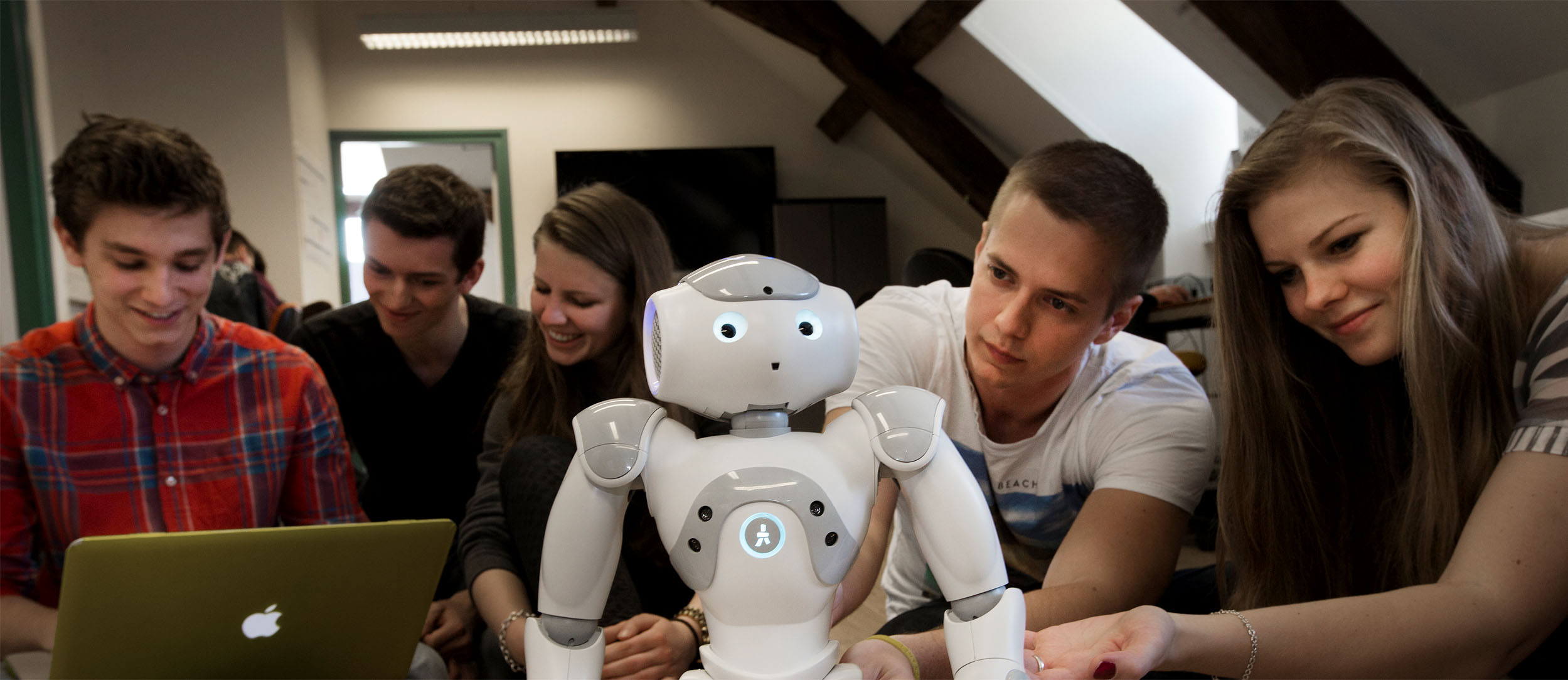Internships
Maastricht University (UM) encourages bachelor’s and master’s students to do internships within the Netherlands or around the globe. At UM we see an internship as an experience-based opportunity, where students receive credits for their supervised work experience.
Four types of internships
Depending on the learning objectives, we facilitate five types of internships for our students in both our bachelor’s and master’s programmes:
- Practical internship – students gain relevant and necessary work experience
A practical internship provides students with work experience that is tightly connected to their studies. It brings students into contact with potential employers and supports them in developing the necessary and required competencies as defined in national/occupational guidelines.
- Research internships – students conduct academic/scientific research
Research interns are actively involved in (part of) the empirical cycle of the research.
- Job taster – students briefly gain work experience at an organisation to discover job opportunities and to explore whether such a type of organisation fits their ambitions
Job tasters are short internships (up to a maximum of 8 weeks). Job tasters allow students to expand their knowledge and understanding in a practical context for a brief period of time. Students need to apply for a job taster at their faculty’s Internship Office. A job taster results in an internship report in which students reflect on their learning objectives and the way the job taster has contributed to realising these objectives.
- ...@work
In their second year of study, talented and motivated bachelor’s students start working at (international) organisations in the Meuse-Rhine Euregion. During this two-year work/study programme, students tackle challenging assignments associated with the subject of their programme. Students are guided in these tasks by a supervisor from the company as well as one of our supervisors. In addition, the students follow all their regular courses and take exams.
Currently …@work is only implemented at the bachelor’s programme Data Science and Knowledge Engineering.
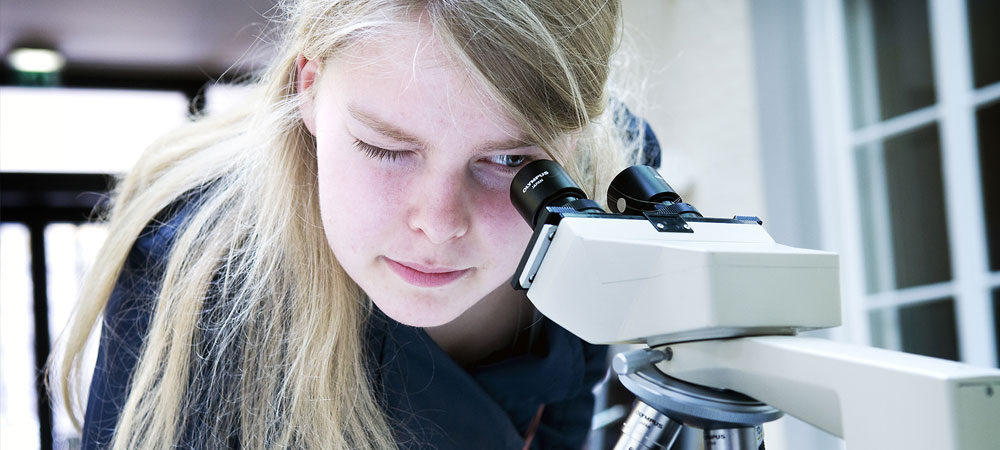
Along with our highly skilled students you also benefit from:
- the expertise of UM’s supervisors for advice and quality control
- adequate support from our internship offices, internship coordinators and academic supervisors
Internship options per faculty
Faculty of Arts and Social Sciences
Skills, knowledge and abilities
Students of the Faculty of Arts and Social Sciences (FASoS) are trained in the understanding of the interrelationships of Europeanisation, globalization, scientific and technological development, political change and cultural innovation. They’re curious about how today’s societies cope with these challenges through practices of remembrance, governance techniques, strategies for managing knowledge, technologies and risks and ways of dealing with diversity and inequality.
Availability of students
|
Bachelor’s |
|
| Arts & Culture | optional internship from September to January |
| European Studies | optional internship from September to January |
| Digital Society | optional internship from September to January |
| Master’s | |
| European Public Affairs | mandatory internship from April to June |
| Research Master’s | |
|
Cultures of Arts, Science and Technology |
mandatory internship from September to January |
| All other Master’s | optional internship from February to May |
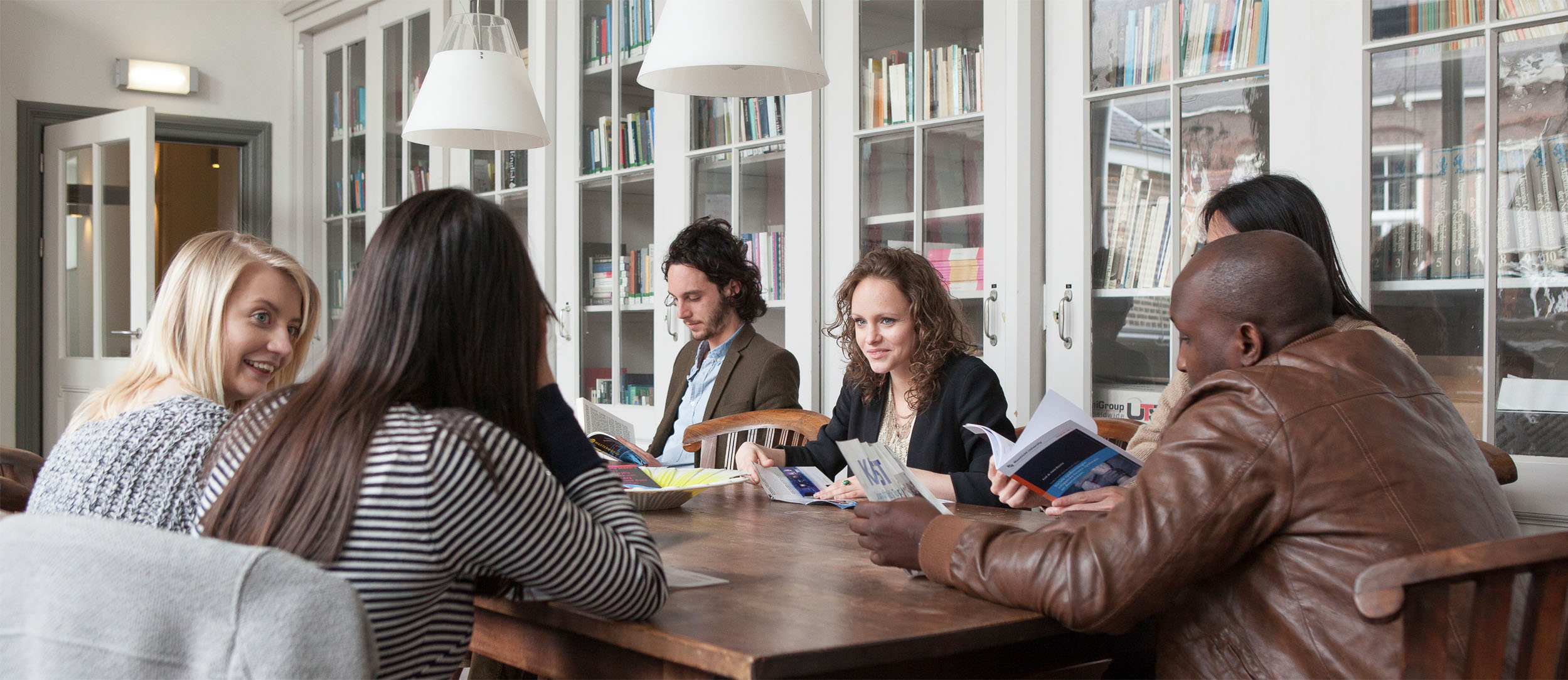
Faculty of Health, Medicine and Life Sciences
Skills, knowledge and abilities
Students of the Faculty of Health, Medicine & Life Sciences are well on their way to become independently thinking and adaptive professionals who are lifelong learners and have a broad, state-of-the-art view on health and health care. They are prepared for a future in which they can successfully function in the health-related work field and academic arena, in an international society that is continually subject to demographic, technological, social and scientific changes.
Availability of students
| Bachelor's | |
| European Public Health | from February until mid-July |
| Gezondheidswetenschappen | from May until mid-July |
| Master's | |
| Biomedical Sciences junior practical training | from mid-April until mid-July |
| Biomedical Sciences senior practical training | from November until mid-July |
| Epidemiology | from mid-April until mid-July |
| Governance and Leadership in European Public Health | from mid-April until mid-June |
| Health Education and Promotion | from mid-April until mid-July |
| Health Food Innovation Management | from January until mid-July |
| Health Care Policy and Innovation Management | from mid-April until mid-July |
| Human Movement Sciences | from February until mid-July |
| Mental Health (NL) | from February until mid-July |
| Research Master Health Sciences (part-time) | from September until mid-July |
| Work, Career and Health | from mid-April until mid-July |
Please bear in mind that students of the Faculty of Health, Medicine & Life Sciences (FHML) will start looking for internship opportunities in September.
If you would like to work with students of FHML please get in touch with Mariette Cruijssen.
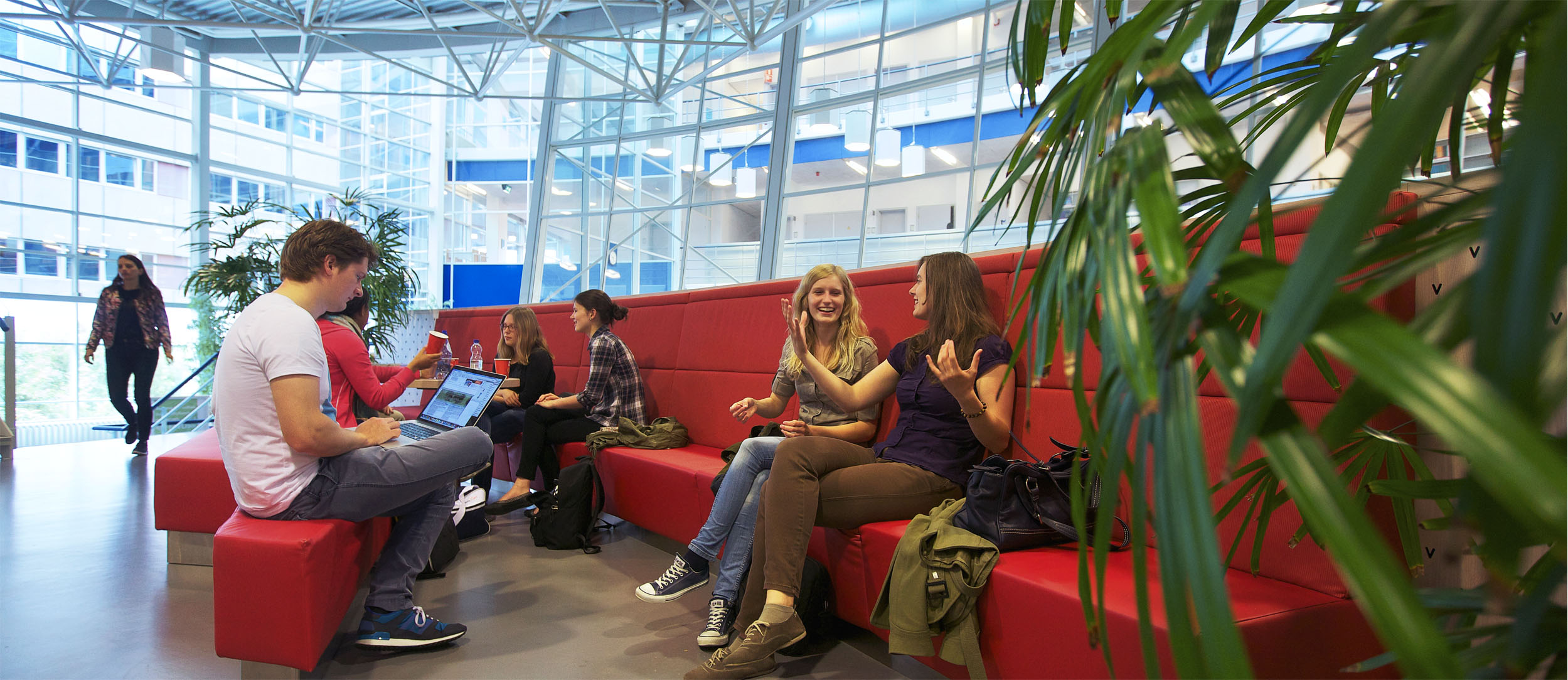
Faculty of Psychology and Neuroscience
Students of the Faculty of Psychology and Neuroscience (FPN) are curious about the human brain and behavior. This curiosity drives them to explore the broad field of psychology from a biological and cognitive perspective. They study mental processes, such as language, memory, thinking and perception, learn about the sources of our behavior, and how you can measure brain activity with an MRI-scanner. Students are educated across four main research lines: Cognitive Neuroscience, Clinical Psychological Science, Neuropsychology and Psychopharmacology, and Work and Social Psychology.
Procedure:
If you would like to work with students of the Faculty of Psychology and Neuroscience (FPN) please get in touch with the faculty staff. They will guide you through the process and help you navigate through their faculty-specific Askpsy-system.
Availability of students
| Bachelor's: | No intenships |
| Master's: | |
| Psychology | Research internship from February-July |
| Forensic Psychology | Research internship August - January or February -July |
| Research and clinical internship combined Mid-August - June |
|
| Clinical internship - duration of 13 weeks throughout the year |
|
| Research Master in Cognitive and Clinical Neuroscience | Research internship November - Mid-July |
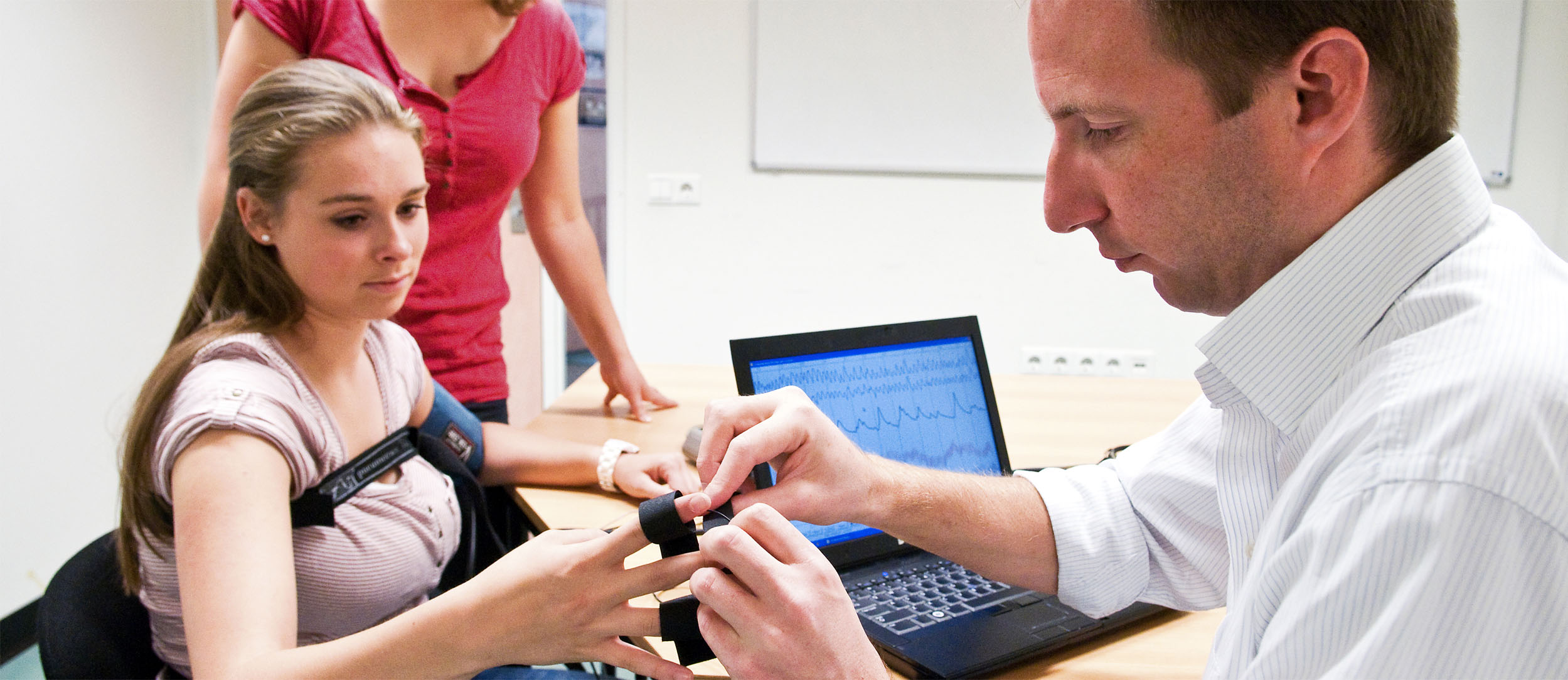
Faculty of Law
Skills, knowledge and abilities
Students of the Faculty of Law are well on their way to become excellent jurists. They bring with them a thorough knowledge of national jurisdictions and of European and comparative law as well as a deep understanding of the function of law in society and of other methods of regulation, conflict resolution and conflict avoidance.
Availability of students
| Bachelor's | optional internship for 4 or 8 weeks (availabale throughout the year) |
| Master's | optional internship for 4 or 8 weeks (availbale throughout the year) |
If you would like to work with students of the Faculty of Law, please send an email to the internship office. Within four weeks of submitting the internship proposal the student will know whether or not he or she can do an internship in your organisation.
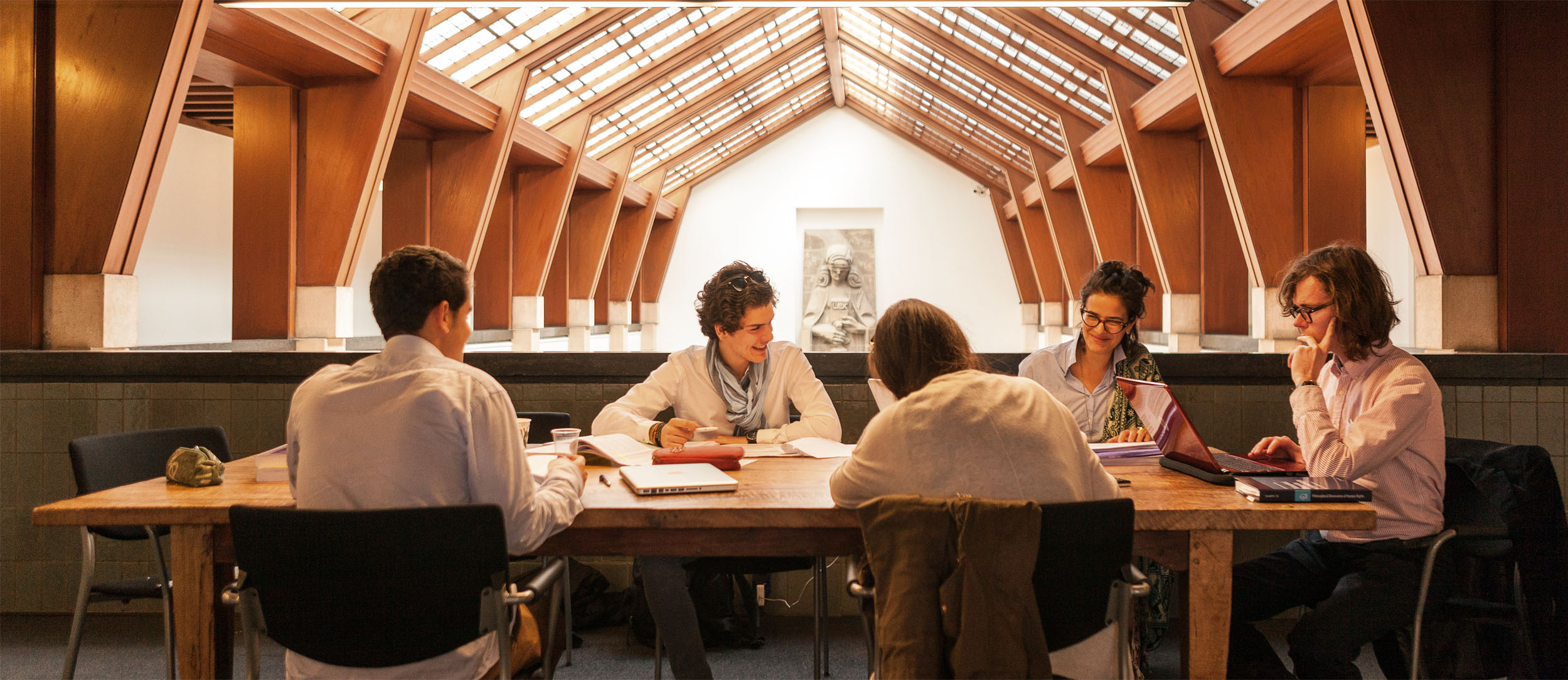
School of Business and Economics
Skills, knowledge and abilities
Students of the School of Business and Economics bring with them an international perspective on, and profound knowledge in, the fields of econometrics, business Intelligence and data science, business economics, labour economics, organizational studies, learning and development, consultancy, management, fiscal economics, international business and emerging markets.
Availability of students
| Bachelor's | |
| All bachelor's | optional curricular internship for 6-14 weeks, can start whenever |
| optional extracurricular internship for a minimum of 2 months and a maximum of 6 months, can start whenever | |
| Emerging Markets Specialisation | mandatory internship from February-June (at least), maximum duration February-September |
| Master's | optional extracurricular internship for at least 2 months and a maximum of 6 months, can start whenever. |
| optional part-time Thesis Internship Program. Starts in September or February, for a minimum of 3 months and a maximum of 6 months. |
If you would like to work with students of the School of Business and Economics (SBE) please get in touch with the Internship Office.
It can take up to ten working days for the internship office to approve an internship.

University College Maastricht
Skills, knowledge and abilities
With the support of committed staff, UCM students can choose from more than 150 different courses in the Humanities, Social Sciences and Sciences to build an academic profile that helps them reach their future goals. Students can focus on a particular discipline (e.g. psychology, economics, history, biology) or instead opt for courses around a combination of themes or disciplines. For instance, a curriculum could include economics, law and international relations, or sciences and psychology, or cultural studies and history.
Availability of bachelor's students
Applied Research Internship (ARI)
Organisations can offer cases or problems that students will tackle in ARI. Students work individually or in small teams, conducting research and preparing recommendations for their client. During the two 7-week periods, students combine their ARI project with their coursework at the college. Their availability during these periods is 8 hours per week. During the closing one-month period, they are available full time to work from their client’s office.
When: February-June or September-January
ThinkTank project
Within 4 weeks, a group of 8 to 10 students analyse, research and formulate a set of recommendations in response to a complex and multidimensional problem or issue presented by you.
When: June or January
If your organisation is interested in offering a project to (a) UCM student(s), please contact the ARI/ThinkTank coordination office via t. +31 (0)43 388 54 72 or email: ucm-RBL@maastrichtuniversity.nl.
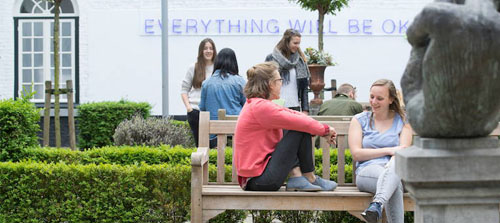
What can you expect from UM students?
- they are equipped with a solid mix of academic knowledge and have a hands-on mentality, enabling them to make a smooth transition from their studies to your organisation
- they are trained to provide solutions for real-life issues and are use to working in teams. Both elements are key tenets of our innovative education model Problembased Learning which teaches our students the practical application of theory and provides them with excellent analytical, project management and communication skills
- they are accustomed to working in our Interational Classroom, the tutorial groups in which they work and study with people from different cultural backgrounds and learn to approach issues from a variety of perspectives. This makes them well-prepared for the rapid changes in today’s globalising labour market
- our students and graduates are up to speed with the latest techniques and developments in your field
What do we expect from you?
- you need to arrange a workplace for our students according to the standards and norms of your organisation
- you are required to support the student when needed; the required support is explained in the regulations per programme
- our students have to be present for at least 75% of the time of the internship; as internships are first and foremost a learning experience for our students, being present at your organisation is an integral part of this experience
- we don’t require an internship fee for our students; this you can decide upon this with the student yourself and is thereforeleft open as part of the internship contract
- we use a standardised internship contract; this contract addresses the concept of ‘duty of care’ for our students and comprises all the required legal regulations.
- in accordance with Dutch law you are liable for damage to, or damaged caused by, our students during their internship. Students are not allowed to o internships at organisations that do not provide the necessary insurances.
